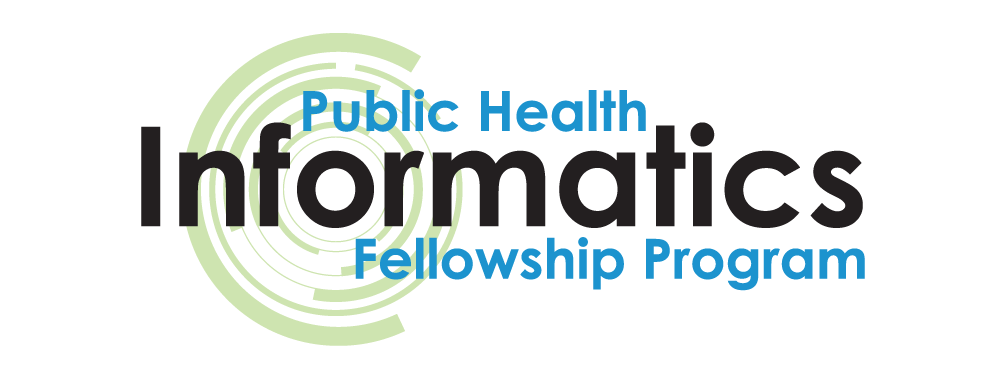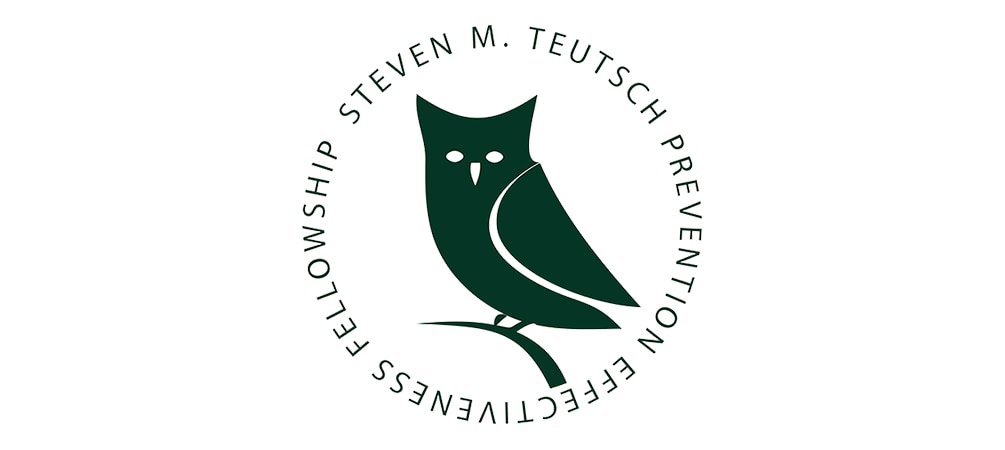Key points
- Our Informatics and Data Science Workforce Development (IDSWD) programs advance CDC’s core capability of world-class data and analytics.
- The IDSWD programs are in place to directly support CDC’s Data Modernization Initiative.
- IDSWD focuses on technology and putting the right people, processes, and policies in place to deliver timely, quality information.

Overview
The IDSWD programs described on this page are a part of efforts in the Division of Workforce Development. These programs provide a learning landscape for fellows to develop the skills needed to transform data and information systems.
CDC and our national partners offer several informatics and data science learning opportunities. These opportunities are available for individual learners as well as teams—in either a federal environment or at the local level. CDC relies on fellows in these programs for knowledge and actionable insights to protect and promote the public's health.
IDSWD Programs
Public Health Informatics Fellowship Program (PHIFP)

Fellows in CDC’s PHIFP are data detectives. Over the course of the 2-year program, PHIFP fellows engage in experiential training to enhance the agency’s informatics workforce. They help CDC and other public health agencies investigate and solve public health issues using cutting-edge approaches with computer science, data science, and information technology. Find Out More
CDC Steven M. Teutsch Prevention Effectiveness (PE) Fellowship

The PE Fellowship is a 2-year post-doctoral research fellowship that fills a critical need to demonstrate the value of prevention. Fellows strengthen CDC’s ability to assess the effectiveness and value of public health interventions and evidence-based decision-making.
The PE Fellowship also offers and Analytics and Modeling Track. This track is intended to develop capabilities around advanced analytics and infectious disease modeling. Find Out More
Data Science Team Training (DSTT) Program

CDC, in collaboration with the Council of State and Territorial Epidemiologists, offers the DSTT program for health departments. DSTT is a team-based, on-the job training program designed to promote data science upskilling at state, tribal, local, and territorial jurisdictions. Learners in this 12-month program work collaboratively on projects that address data modernization needs within their agencies. Find Out More
Applied Public Health Informatics Fellowship (APHIF)

CDC, in collaboration with the Council of State and Territorial Epidemiologists, offers APHIF for health departments. APHIF is a 2-year fellowship for recent graduates designed to develop their public health informatics and data science skills through training programs in public health practice. Fellows as well collaborate with CDC and work closely with informaticians, epidemiologists, and public health practitioners at the state, tribal, local, and territorial level. Find Out More
